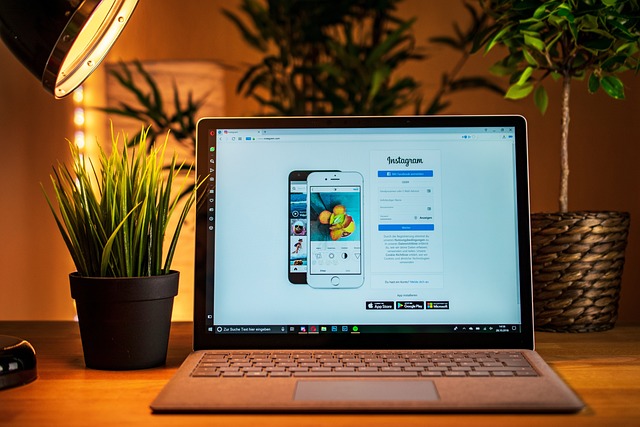Influencer Marketing: The Key to Unlocking Your Branding Potential
In the sprawling digital landscape where companies vie for attention, influencer marketing has emerged as a beacon of success. It’s a powerful tool that harnesses the influence of individuals with a loyal following to promote products and services.
The Genesis of Influencer Marketing
The concept of influencer marketing has its roots in the early days of social media. As platforms like Facebook and Instagram gained traction, individuals with a large number of followers began to monetize their influence by partnering with brands. Over time, the industry has evolved into a complex ecosystem with specialized platforms and agencies facilitating collaborations.
Cutting-Edge Trends
The world of influencer marketing is constantly transforming. Here are some of the latest trends shaping the industry:
- Micro-influencers: Influencers with smaller but highly engaged audiences are gaining popularity. Brands are recognizing the value of these micro-influencers in authentically connecting with niche target groups.
- Virtual and augmented reality: These technologies enhance the influencer experience, allowing followers to virtually try on products or engage with brands in interactive ways.
- Influencer marketing platforms: Dedicated platforms streamline the process of connecting brands with influencers, enabling efficient campaign management and measurement.
Navigating Challenges
While influencer marketing offers immense potential, it also comes with challenges:
- Authenticity: Influencers must maintain authenticity and transparency in their promotions. Brands need to carefully evaluate potential partners to ensure their values align with their own.
- Measurement: Accurately measuring the effectiveness of influencer campaigns can be a challenge. Brands should establish clear metrics and use analytics tools to track results.
- Fraud: Fake followers and engagement can inflate influencer metrics. Brands must conduct thorough due diligence to avoid collaborating with fraudulent accounts.
Case Studies: Real-World Success
Several brands have leveraged influencer marketing with remarkable results:
- Alo Yoga: The athleisure brand partnered with fitness influencers to showcase their products and inspire their massive following. The campaign resulted in a significant increase in sales and brand awareness.
- Glossier: The beauty brand built a loyal community of micro-influencers who authentically recommended their products. This grassroots approach fostered trust and drove consistent growth.
Best Practices: A Recipe for Success
To maximize the benefits of influencer marketing, follow these best practices:
- Define your goals: Clearly define your campaign objectives before engaging influencers.
- Identify the right influencers: Research and select influencers whose values, audience, and content align with your brand.
- Provide clear guidelines: Establish expectations for the campaign, including content requirements, posting schedules, and reporting metrics.
- Foster relationships: Build genuine relationships with influencers by providing support and encouraging open communication.
The Future of Influencer Marketing
The future holds exciting advancements for influencer marketing:
- Artificial intelligence: AI and machine learning will automate campaign management, providing data-driven insights to optimize results.
- Personalized experiences: Influencers will leverage technology to create personalized content tailored to specific audience segments.
- Integration of e-commerce: Influencer marketing will seamlessly integrate with e-commerce platforms, enabling direct purchase from influencer posts.
Summary: Empowering Your Brand
Influencer marketing is a powerful force that can elevate your brand’s reach, engagement, and sales. By understanding the latest trends, addressing challenges effectively, and implementing best practices, you can harness the influence of the digital sphere to unlock your full branding potential.
